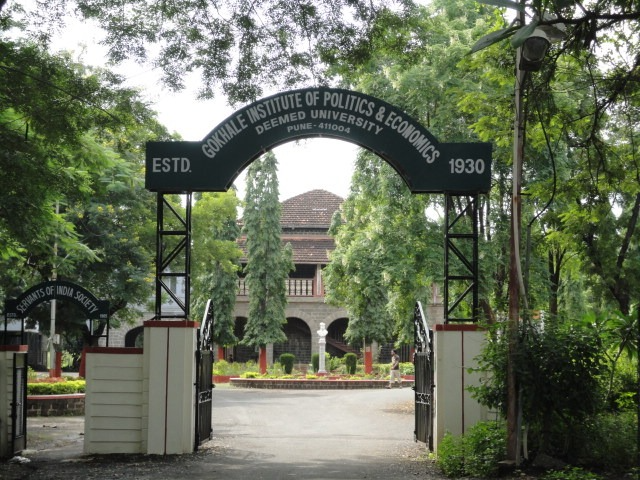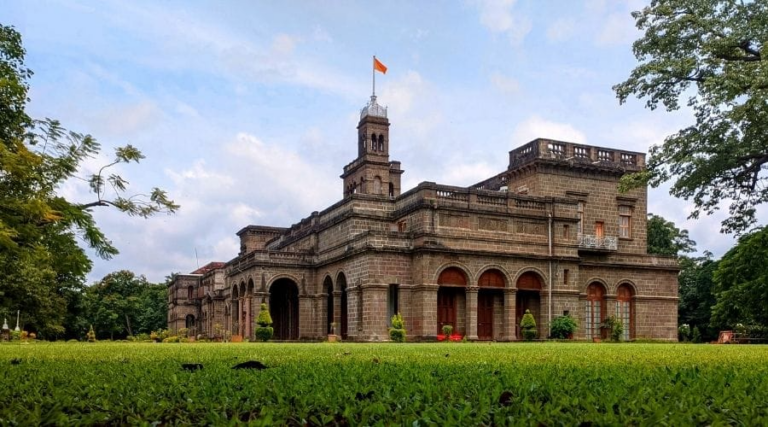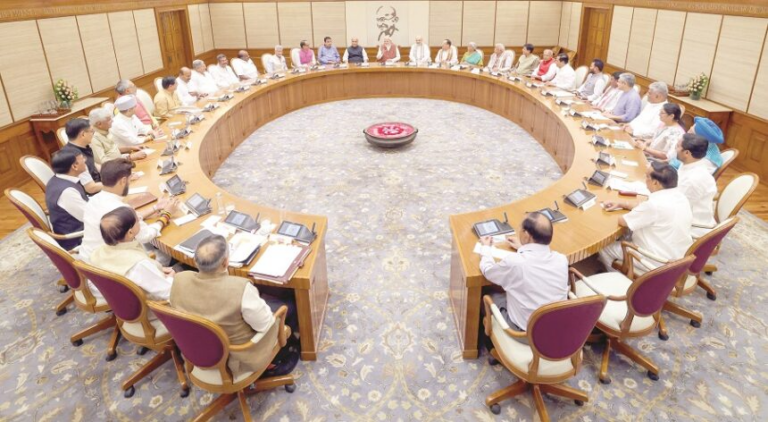
PUNE: The Gokhale Institute of Politics and Economics (GIPE), a premier academic institution in Pune, is currently embroiled in a dispute concerning its top leadership. A letter seeking the removal of current Chancellor Dr. Sanjeev Sanyal has sparked significant tension, revealing deep divisions within the institute and raising questions about governance, performance, and institutional integrity.
The Hind Sevak Sangh, the parent body of GIPE, has formally approached the University Grants Commission (UGC), requesting the dismissal of Dr. Sanyal and proposing former Justice Satyaranjan Dharmadhikari as his replacement. This move has been met with resistance from within the institution. Acting Vice-Chancellor Dr. Shankar Das responded by citing UGC norms, which stipulate a fixed five-year tenure for chancellors. Dr. Sanyal’s appointment, made in October 2024, is thus valid until 2029 and cannot be revoked mid-term without breaching regulatory guidelines.
The leadership dispute follows allegations from the Hind Sevak Sangh that institutional performance has declined, referencing GIPE’s recent ‘B’ grade in the National Assessment and Accreditation Council (NAAC) review. Concerns were also raised about a lack of transparency in recruitment and admissions. Criticism was directed not only at the chancellor but also at Dr. Das, whose administrative leadership was accused of failing to maintain standards.
In defense, the institute clarified that NAAC’s assessment, conducted in January 2025, was based on data from 2018 to 2023—well before the current leadership had time to make substantial changes. This context was presented to indicate that the current team could not be fairly held accountable for the recent accreditation outcome.
Amidst the controversy, Dr. Sanyal responded to the situation by addressing several critical issues he encountered during his tenure. One of the major revelations included irregularities tied to an entity named Western Business School (WBS), which, according to him, appeared to be operating from the GIPE campus without formal association. He indicated that promotional materials and visuals from GIPE had allegedly been misused by WBS, raising concerns over transparency and oversight.
The financial aspects of GIPE’s relationship with its parent body also came under scrutiny. It was pointed out that while the Servants of India Society (SIS) does not currently fund GIPE, it continues to benefit financially from the institution through rental arrangements and service charges. These transactions, which reportedly lack transparency, were recently brought up in a meeting of the finance committee.
The current chancellor also highlighted long-standing governance issues and a history of alleged financial irregularities at the institute, which he claimed to be working to address. Despite occupying what is traditionally a ceremonial role, Dr. Sanyal stated that he had taken a more active stance due to the persistent dysfunction in the administration, emphasizing his responsibility to GIPE’s students and faculty.
This internal conflict has sparked a broader debate about the role of parent organizations in managing autonomous academic institutions, particularly when those organizations no longer offer financial or operational support. As the issue escalates and legal opinions are weighed, GIPE’s future leadership structure—and its ability to maintain academic integrity—remains uncertain.




